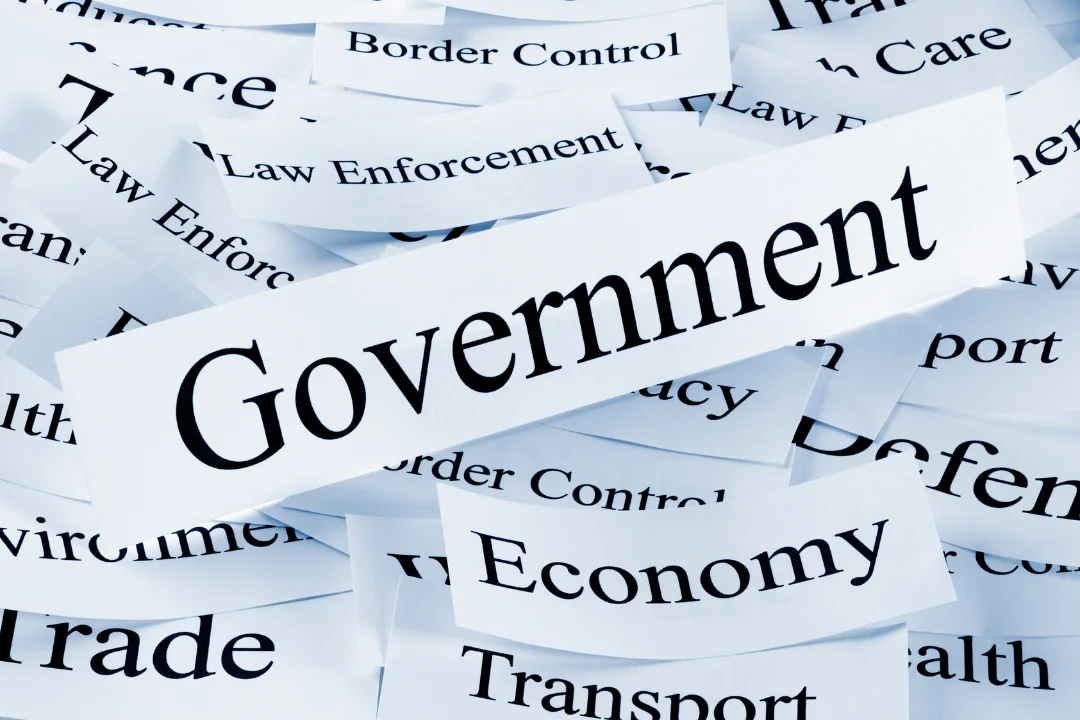Why DMARC Crucial for Securing Government Communications
DDMARC (Domain-based Message Authentication, Reporting & Conformance) is essential for government agencies to protect their email communications from unauthorized use and cyber threats. Implementing DMARC helps authenticate government email domains, preventing impersonation and fraud. This enhances the security of sensitive communications, ensures the integrity of governmental interactions, and supports the protection of public trust.
















